This article was first published in July 2020 by The Daily Cargo News.
The Indonesia–Australia Comprehensive Economic Partnership Agreement is a positive development for the global free trade agenda writes Customs and Trade Partner, Andrew Hudson.

The Indonesia–Australia Comprehensive Economic Partnership Agreement is a positive development for the global free trade agenda writes Customs and Trade Partner, Andrew Hudson.
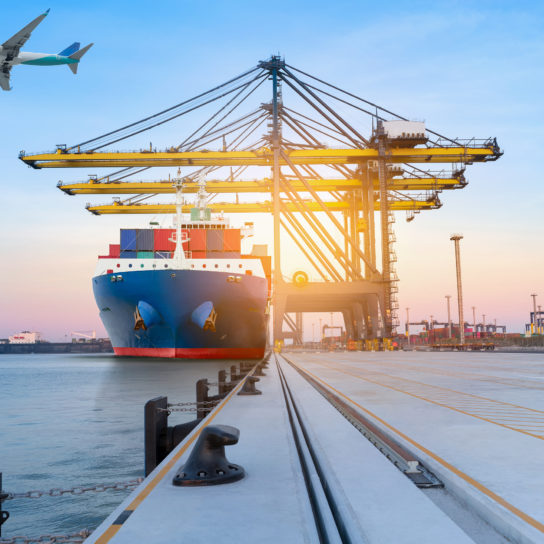
On 24 June, we delivered a webinar to members of the CBFCA (now IFCBAA) which addressed, in part, the terms of the Indonesia Australia – Closer Economic Partnership Agreement (IA – CEPA) which is to commence on 5 July 2020, as well as the outcomes from the Australian Border Force (ABF) Goods Compliance Update from April 2020.
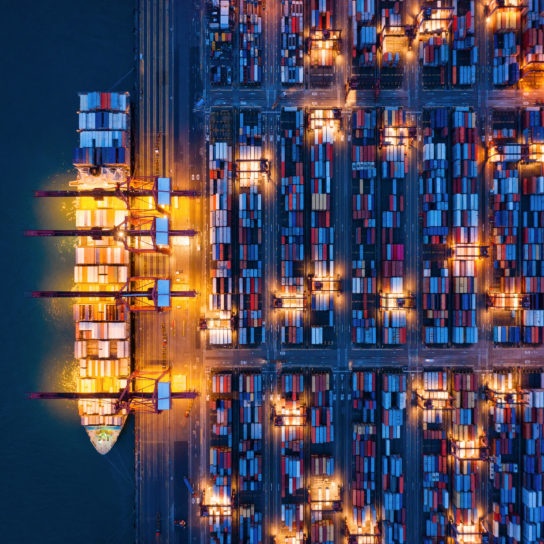
One of the fundamental roles of governments during the COVID–19 Pandemic has been to assist the movement of goods through the international and domestic supply chain as well as to support those providing services in that supply chain. While there has been an understandable focus on movement of Personal Protective Equipment (PPE) and related equipment and medication needed to assist in treatment of those affected by the Pandemic, that focus has not excluded the adoption of measures to assist trade in other goods adversely affected by the significant reduction in air and sea cargo options.

I have previously written the effects of COVID-19 in the international supply chain as well as having presented at meetings and webinars. This included a recent webinar with the Customs Brokers and Forwarders Council of Australia, which was attended by more than 300 members.
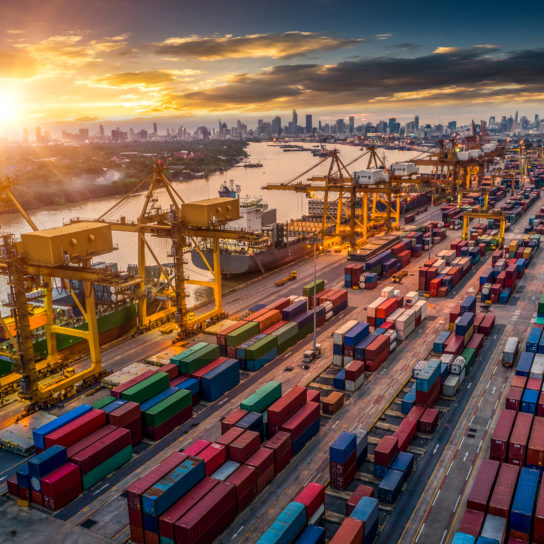
One of the major tasks for government’s around the world are to adopt measures which may assist business to recover and thrive as they plan to move out of COVID– 9 restrictions. As much as national governments have committed to generally keep borders open, there remains the need to actively take action to ensure that commitments are met and that new initiatives are adopted to support further enhancements to the trade environment.
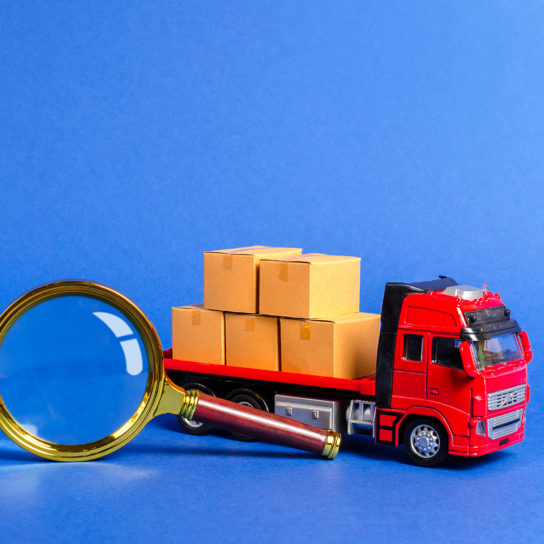
During the current pandemic, the focus of many has been on the manufacture of the medical equipment required for the treatment of COVID -19 and their urgent movement through the international supply chain.

At last, the UK has finally started its process to depart the European Union (EU). However, there is still some real uncertainty about what will remain at the end of the departure process.
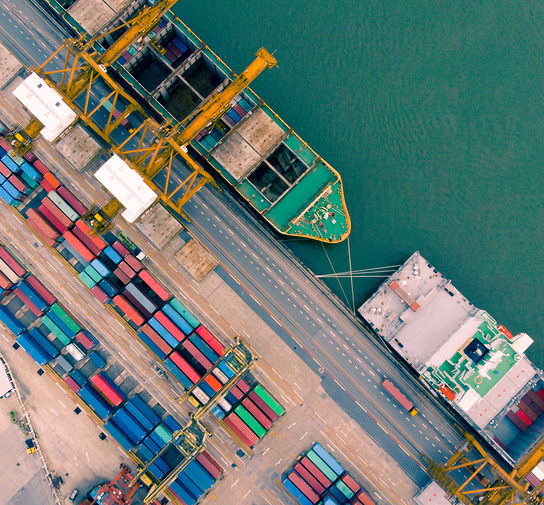
On 1 April 2020, the Australian Federal Government announced a new financial package to support exports of seafood to overseas markets as well as to increase funding of the Export Market Development Grant scheme (EMDG). This is one of a series of financial support packages released as part of Australia’s response to the effects of the COVID-19 pandemic.

Andrew Hudson has recently co-authored a white paper with the Customs Brokers and Forwarders Council of Australia, alongside Scott Carson and Gerardo D’Angelo, with additional contributions from Adam Butler, Tim Gray and Taras Lubczyk.

I had previously published an article on 28 January 2020 with some early thoughts on the possible impacts of the coronavirus. However, as matters have progressed, I thought that it warranted an update.
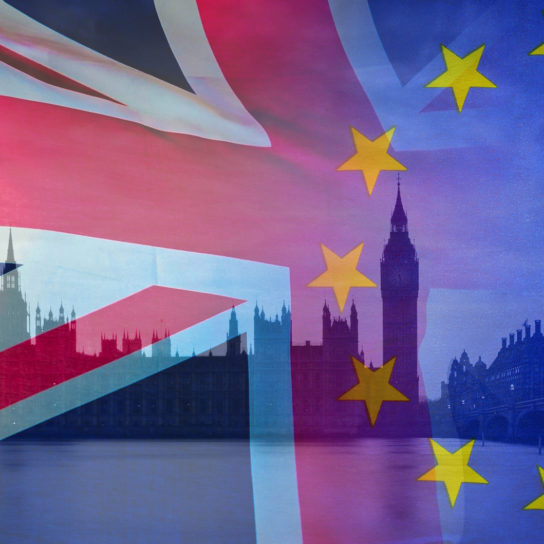
Well, it finally happened. 1,317 days, two elections and a number of pieces of legislation after the UK referendum voted to leave the European Union (EU), the departure procedures commenced.
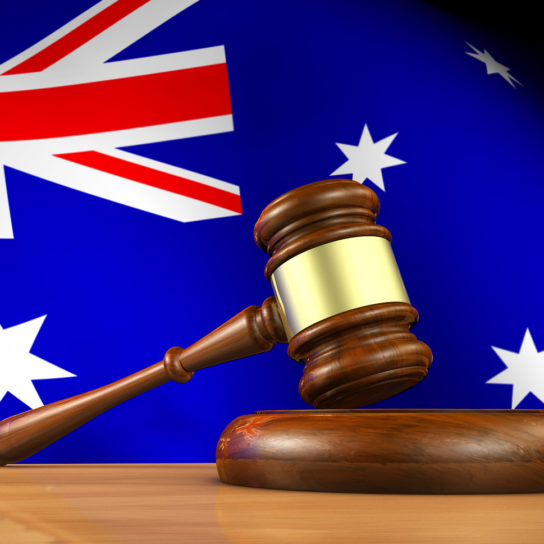
As I write these words (8 January 2020), we are swaying on the precipice of escalation of warfare between the US and Iran. We are also stunned by the ongoing bushfire disaster which is taking the lives of animals and people as well as destroying properties and countryside.
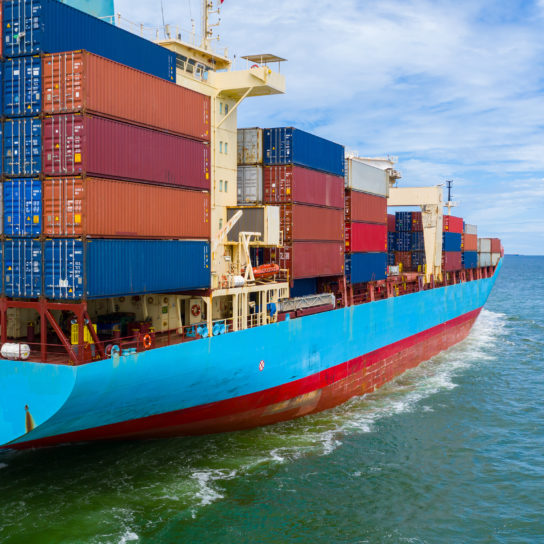
We have previously written at length on decisions of the Administrative Appeals Tribunal (AAT), or State or Federal Courts on the classification of goods for customs purposes. The classification of goods is a vital process as many things follow from that classification including rates of customs duty, the need to pay dumping or countervailing duty and whether the goods are prohibited or need permits or licences.

As I write this article, news of the spread of the ‘coronavirus’ becomes worse on a regular basis. According to today’s media, nearly 60 million people in China’s largest cities are in lockdown, there are 2700 confirmed cases and 80 people have died.
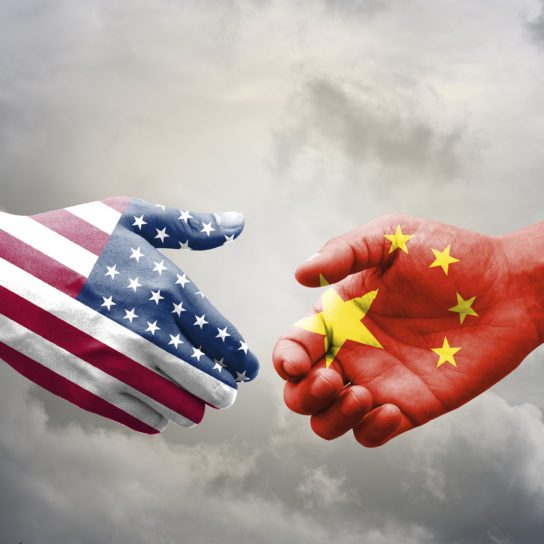
Only the beginning of the end of tension?
In much the same way that Australia welcomed rain this week, the release of ‘Phase One’ of the US and China Agreement had led to some degree of relief and confidence in the commercial and financial world.
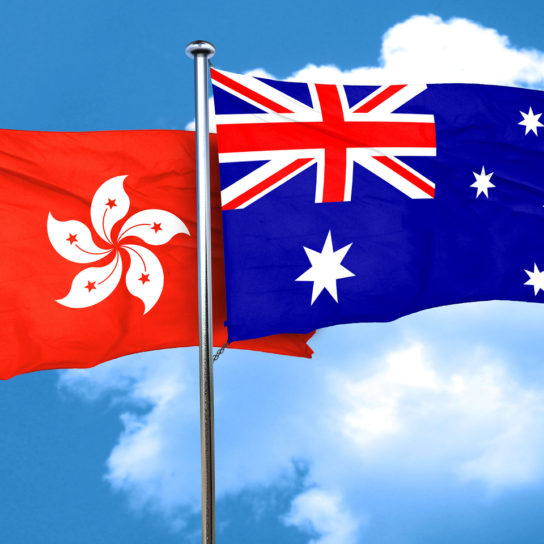
The Australia-Hong Kong Free Trade Agreement (A-HKFTA) starts today, 17 January 2020. This will include preferential rates of customs duty for certain classifications of goods along with more opportunities for investment and trade in services.
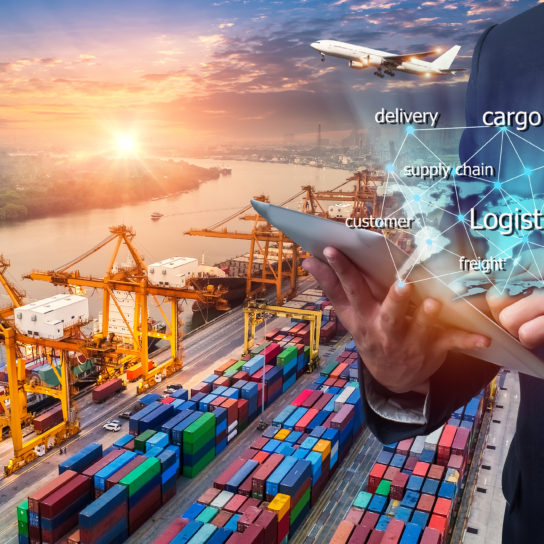
While much debate surrounds the operation of our anti-dumping legislation in practice, it may be a surprise to some that we did not create the regime unilaterally. Our regime takes its origin from Article VI of the General Agreement on Tariffs and Trade 1994 (GATT).
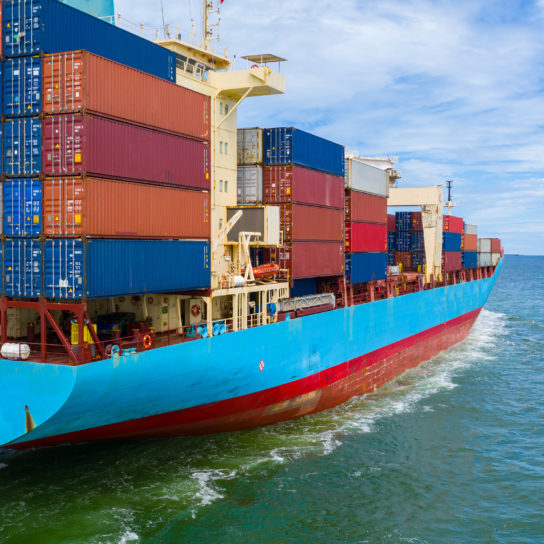
I have been in the fortunate position of being involved with the Customs Brokers and Forwarders Council of Australia (CBFCA) for a number of years.

The decision of the Victorian County Court in Technology Swiss Pty Ltd and Ecology SRL v Famous Pacific Shipping Pty Ltd which was delivered on 30 September 2019 and published on 13 November 2019 has already received some attention and commentary within industry.

The Australian Trusted Trader Programme (ATTP) is one of the lead offerings of the Australian Border Force (ABF) and represents an example of how industry and government can work closely together to co-develop a program which has largely delivered on its intended outcomes and is actively supported by industry.
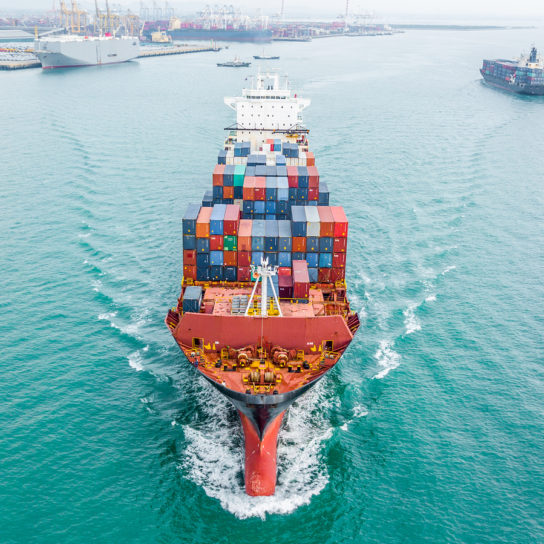
As much of Australia’s focus was taken by the Melbourne Cup carnival, the leaders of 15 of the 16 nations negotiating the Regional Comprehensive Economic Partnership (RCEP) announced the conclusion of ‘text-based’ negotiations with formal signing now expected in 2020.
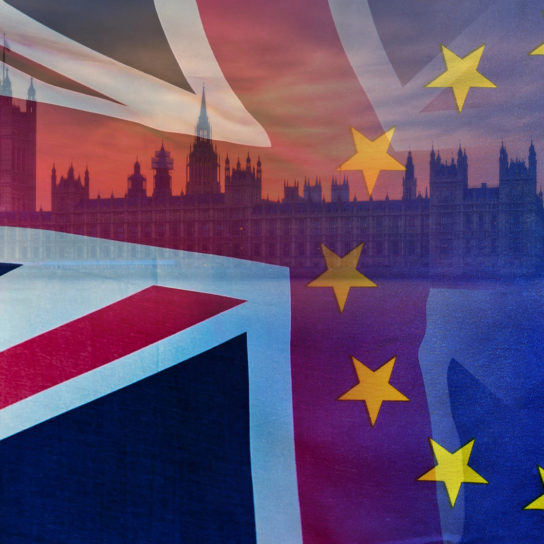
I wrote an earlier article on Brexit for this publication and thought it may be a good time to review the situation and whether there was any further clarity on the position.
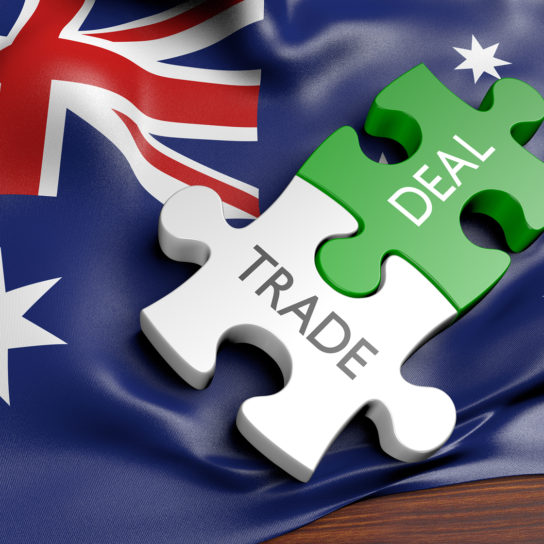
Now that the 46th Federal Parliament has resumed and the commencement formalities have been completed, it is a good time to review the status of our Free Trade Agreement (FTA) agenda along with other new initiatives aimed at facilitating trade.
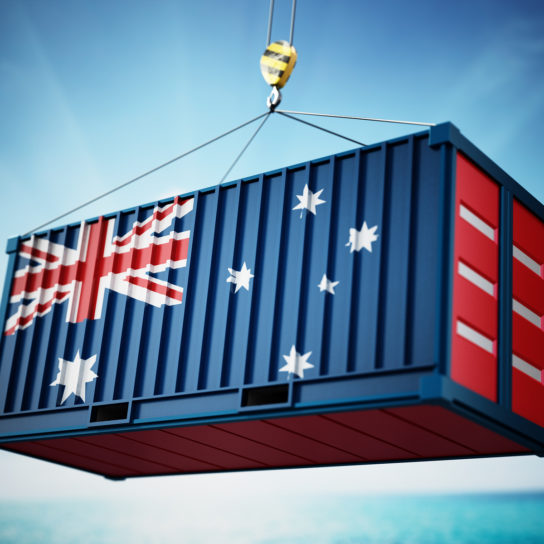
Even with the current political pressures around global trade and the supply chain, there seems to be little prospect that there will be no reduction in goods being moved through the international supply chain.
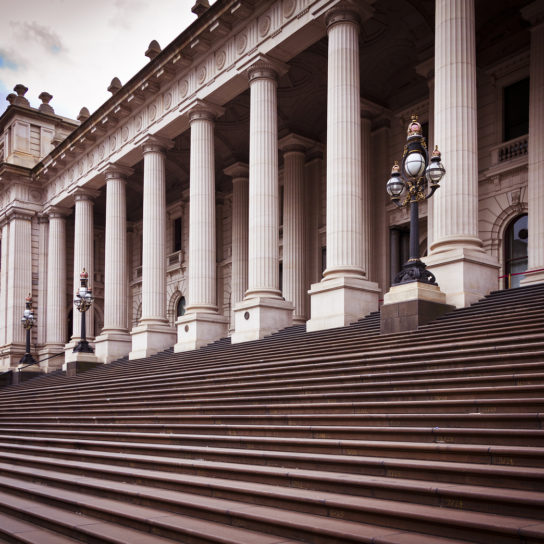
The start of a new financial year is often used by the business community to launch new initiatives into the market. However, in this case, by media release on 1 July 2019, the Australian Border Force (ABF) as a division within the Department of Home Affairs (DHA) provided details of the establishment of a new ‘Customs Group’ within the ABF.

The term seems to have first arisen in the early 1990s with reference to an ‘open distributed ledger that can record transactions between two parties efficiently and in a verifiable and permanent way’ and was developed to serve as a ‘public transaction ledger’ for the bitcoin cryptocurrency.
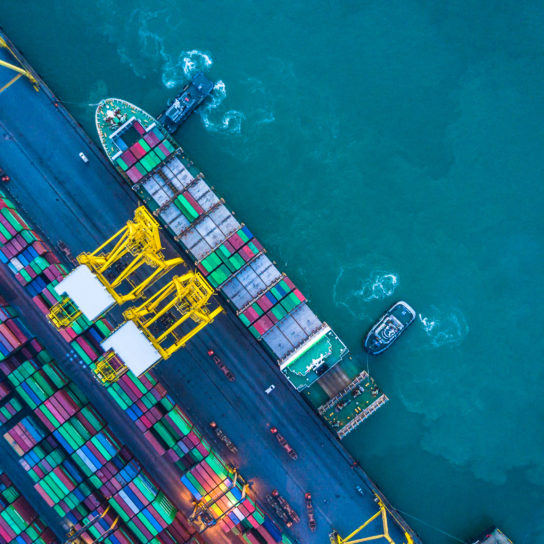
In the week leading to the recent Federal election, the Minister for Industry Science and Technology (Minister) released her decisions as to the imposition of interim dumping and countervailing duties on steel pallet racking and PVC covered electrical cabling
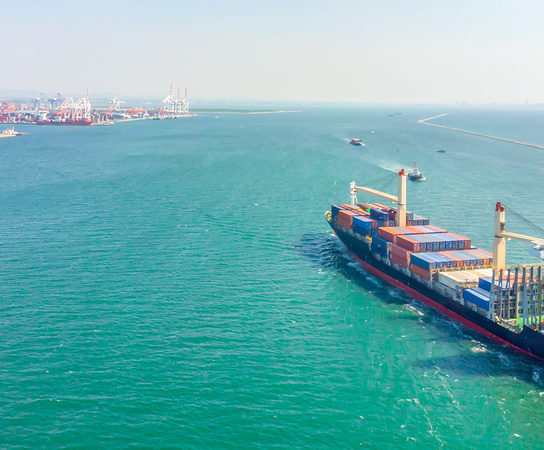
Australia depends heavily on sea cargo and the efficient movement of goods through the supply chain both for exports and imports. The benefits of the proliferation of free trade agreements (FTAs) and other initiatives aimed at facilitating trade and reducing barriers and costs, can be compromised when access to the infrastructure is limited, delayed or made more expensive, especially where there is little recourse against those practices.
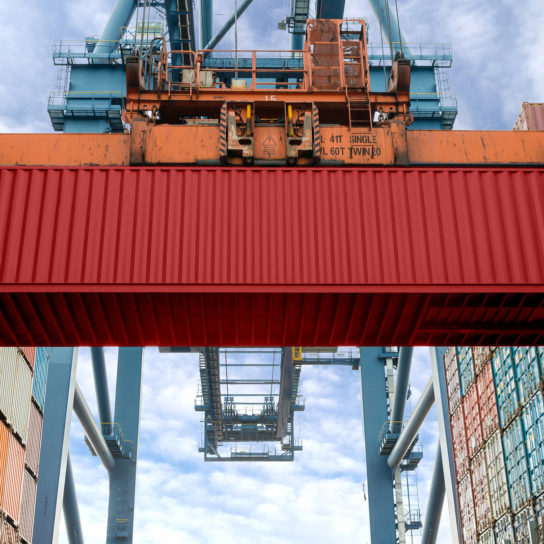
When most goods enter the country, the completion of customs formalities usually includes the payment of customs and excise duty. However in a number of cases, the duties are not paid on import and the goods are moved under “customs control” to “licensed premises” which are secured facilities, whether bonds or warehouses where goods are held pending payment of the duties and release into “home consumption” for wider use, often for retail sale.

Those operating premises licensed for the handling and retention of goods ‘under customs control’ face a number of significant challenges:

This article was originally published by Daily Cargo News.
There has been significant commentary on the proposal for the introduction of a processing charge on certain low-value import transactions (LVT) which are transacted through a Self-Assessed Clearance Declaration (SAC).
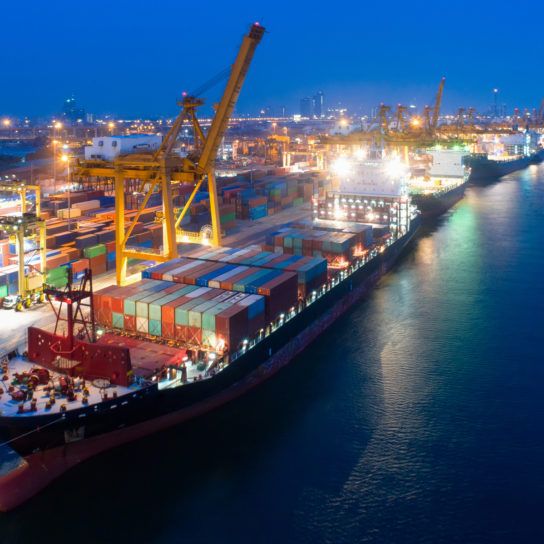
After several months of uncertainty and speculation, President Trump has finally announced his intention for the US to introduce additional tariffs on steel and aluminium imported into the US. To adapt a famous comment from former US Secretary of Defence, Donald Rumsfeld, it’s time to work out what we know we know, what we think we know and what we know we would like to know.
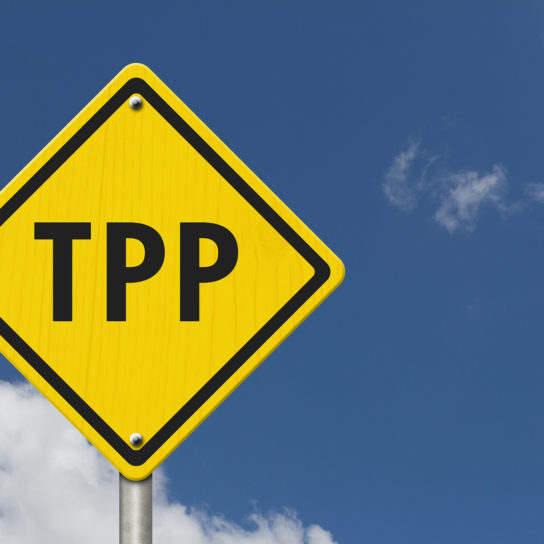
The Trans-Pacific Partnership (TPP) was an ambitious 12 nation free trade agreement (FTA) which was entered into some time ago but had never been formally implemented even though its entry into force had been approved by New Zealand and Australia.
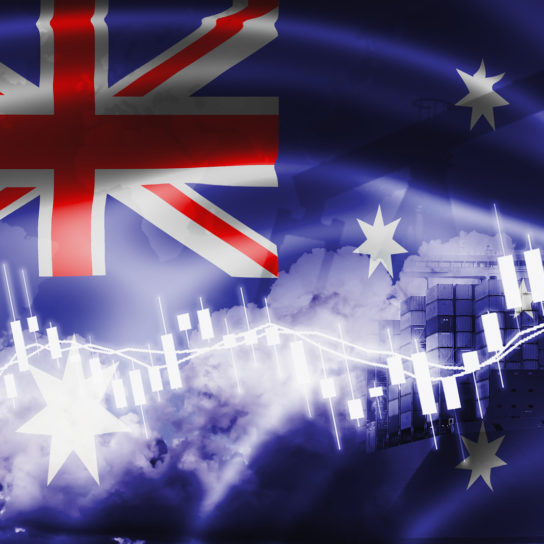
Many of you would be aware of the tradition from Papal elections where white smoke from the Vatican indicates the election of a new Pope.

On 17 January 2018 a series of media stories announced that Australia had initiated the World Trade Organisation (WTO) ‘disputes’ process against Canada in relation to measures maintained by the Canadian Government and a number of Canadian provinces governing the retail sale of wine.
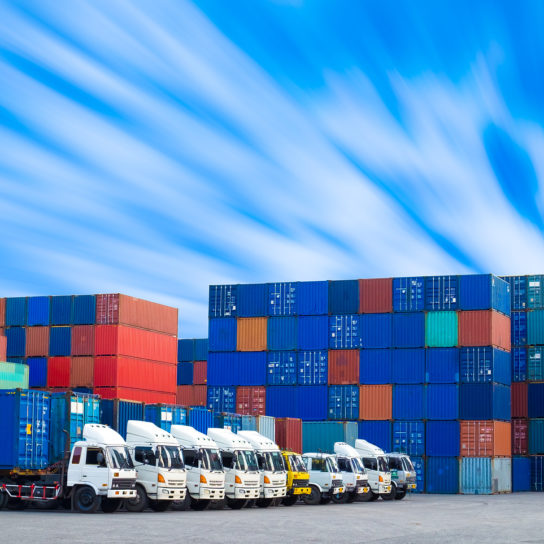
Those within the customs and international trade industry have been following ongoing narration on the imposition of the Goods and Services Tax (GST) on low-value transactions (LVT) closely.

A decision of the NSW District Court delivered on 16 October 2017 has created massive levels of concern in the freight forwarding industry as it led to an order for significant damages against a freight forwarding company based on bills of lading (BL) which it had issued but were used for purposes other than originally intended.
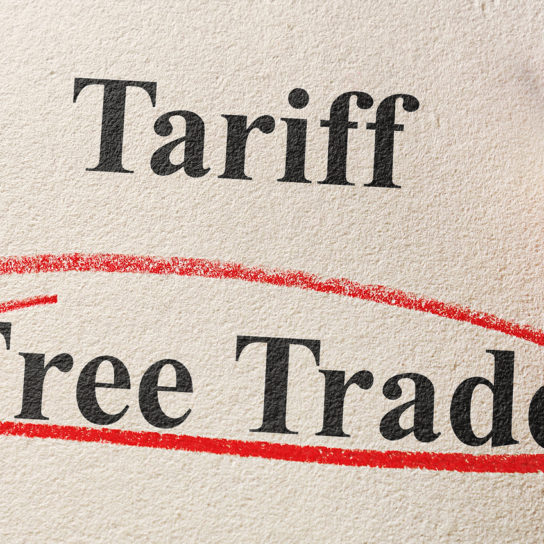
To misquote someone, the free trade agenda is a ‘many-splendored thing’.

To adapt one of the literary world’s great quotes it would appear that ‘the news of the death of the TPP had been greatly exaggerated.’
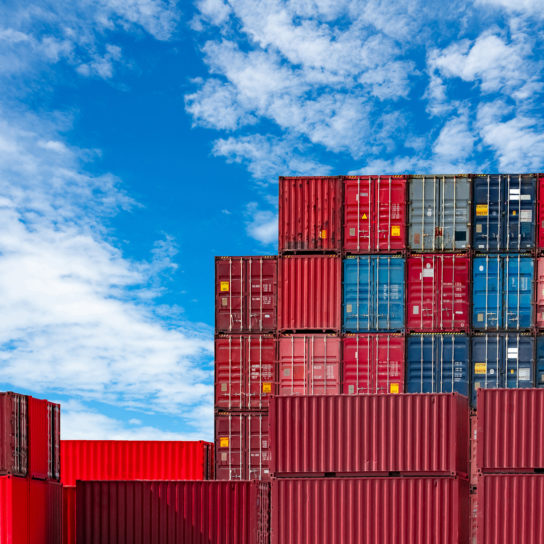
On 12 October 2017, the Australian Border Force (ABF) released the September 2017 edition of the ABF Goods Compliance Update (Update).
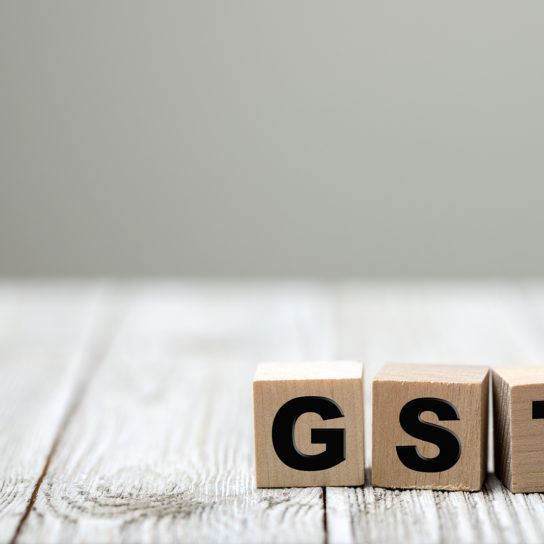
A previously reported, the Bill to impose GST on low value imported goods (LVTs) has recently passed through our Federal Parliament. However, by no means have all the issues associated with the Bill been resolved with certainty.
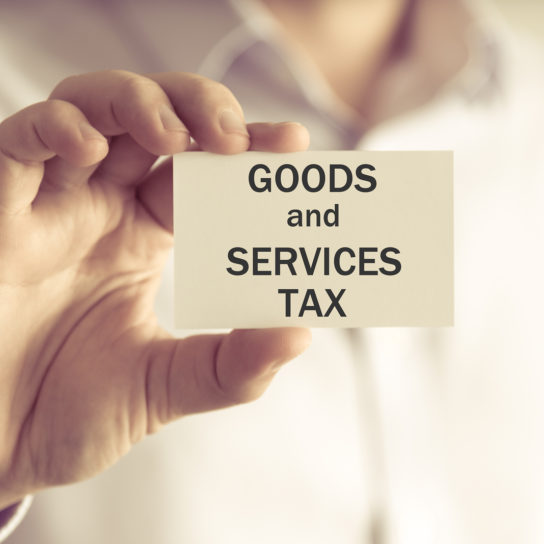
Australia is introducing new goods and services tax (GST) legislation relating to ‘low value’ imported goods and services.
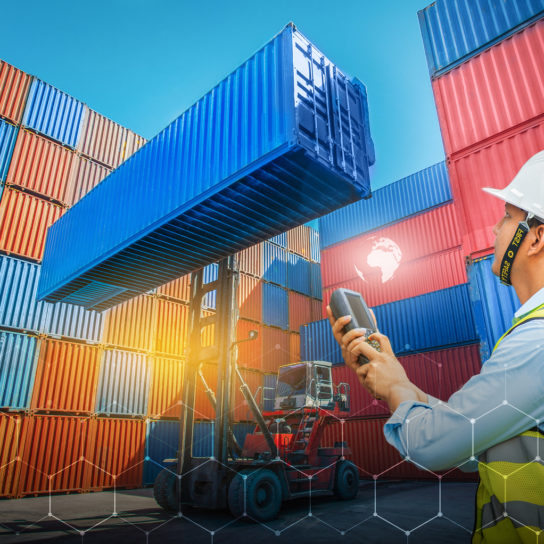
For many years, Australian consumers buying goods online from overseas have not been obliged to pay either customs duty or GST on ‘low value transaction’ (LVT) imports where the value of the consignment being purchased was less than $1,000.

The decision of the AAT in Zaps Transport (Aust) Pty Ltd, Domenic Zappia and John Zappia ats the Comptroller – General of Customs continues the long line of judgments holding those operating licensed warehouse liable for amounts equivalent to customs duty.
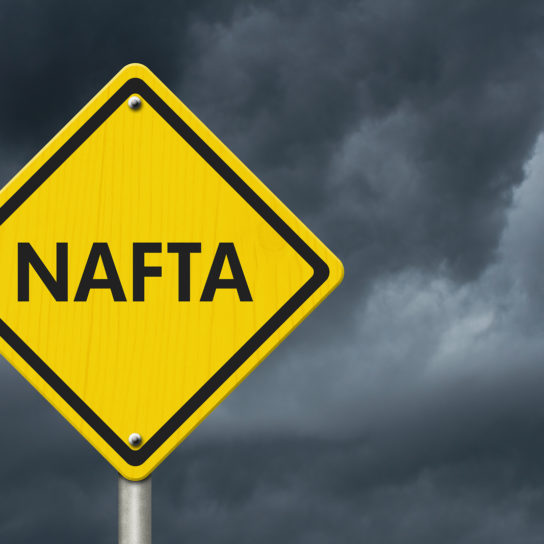
The first week of the Trump administration delivered a number of the outcomes promised during the election campaign and put to rest the theories that the outcomes were only rhetoric.
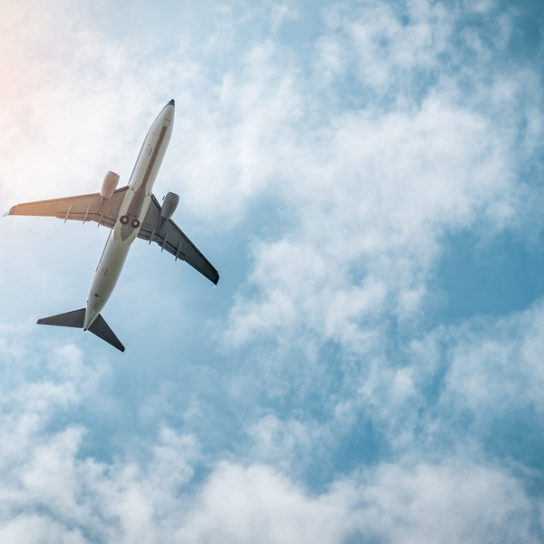
With the inauguration of the new US President in the rear view mirror and the first run of executive orders signed, sealed and delivered, it is looking likely that we may see a new world order focussed on ‘local interests’.
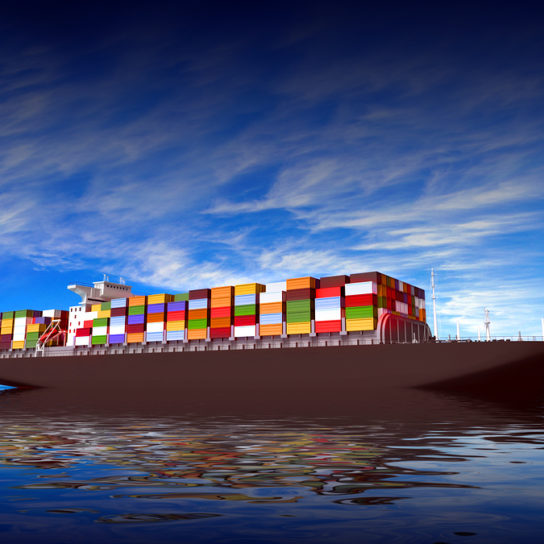
As we edge inexorably towards 2017, it is worth considering some of the developments which are already in place for those in the supply chain and which will have an immediate impact from the start of 2017.